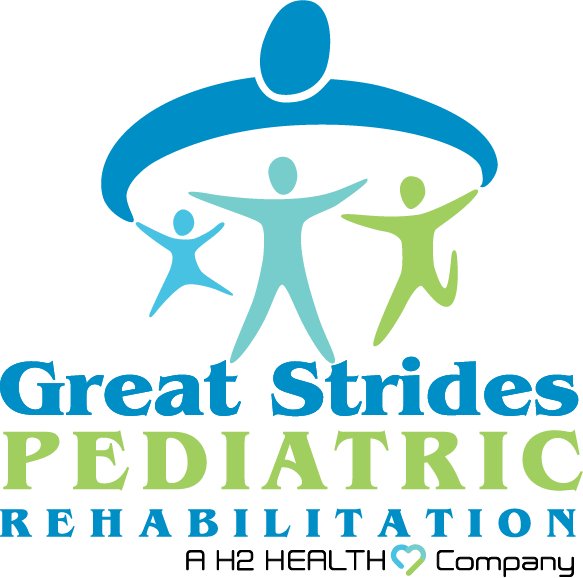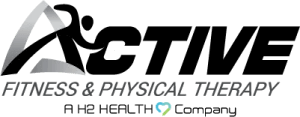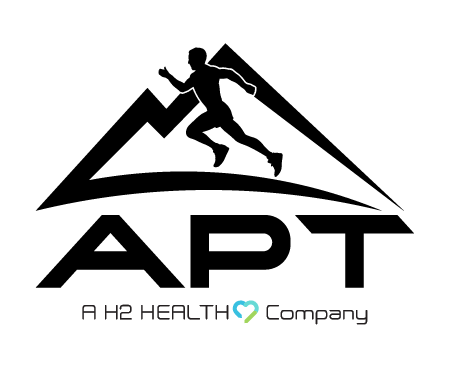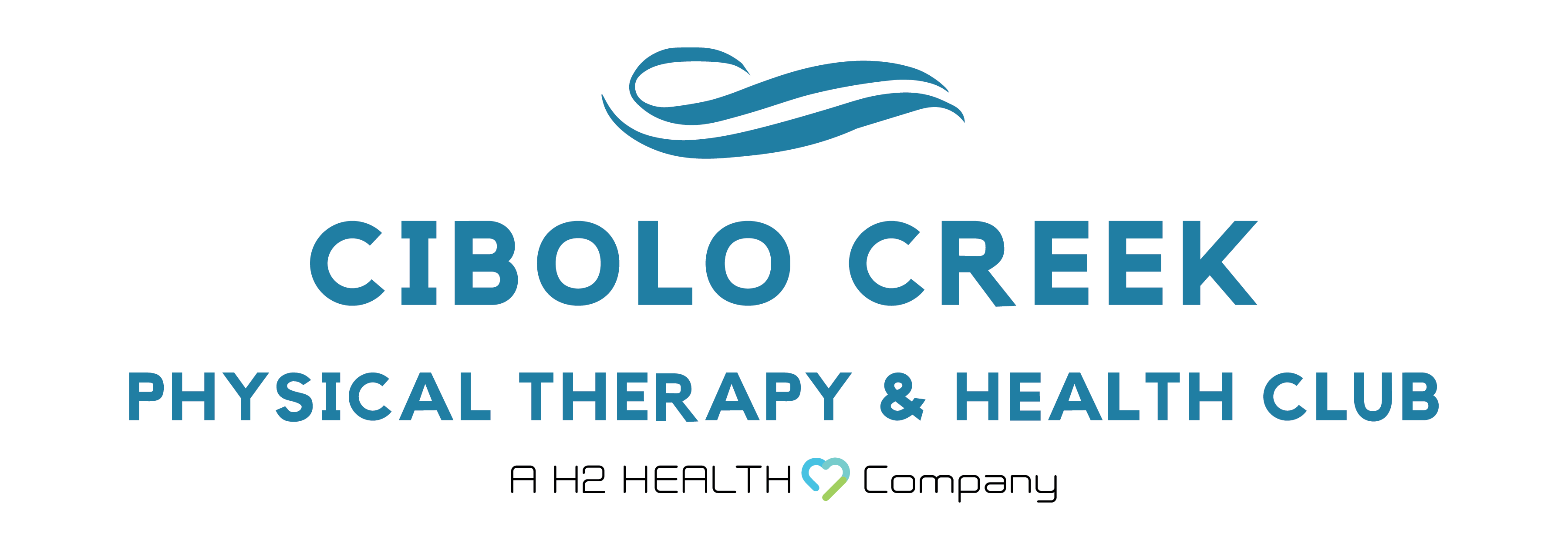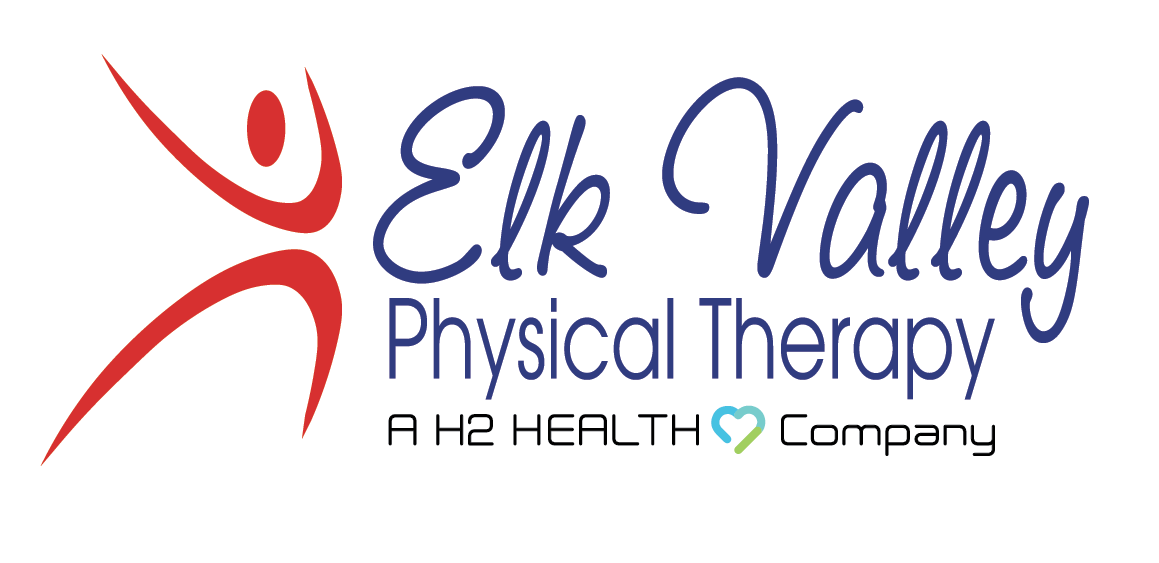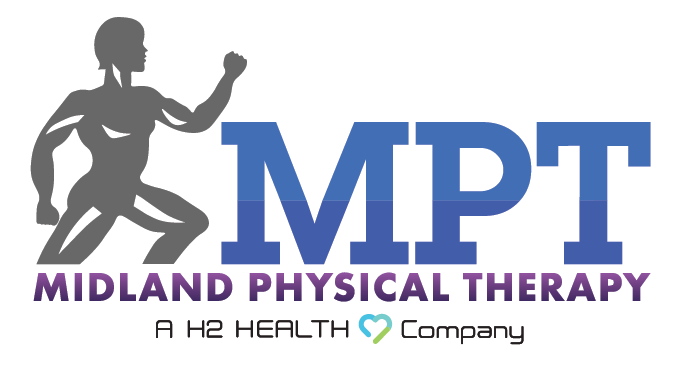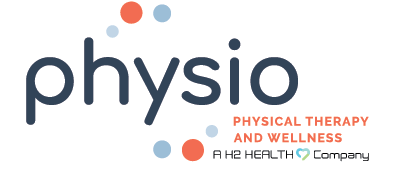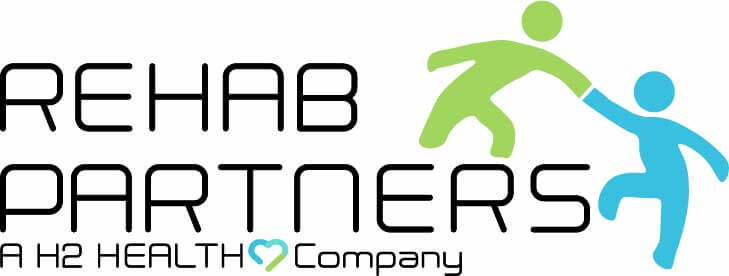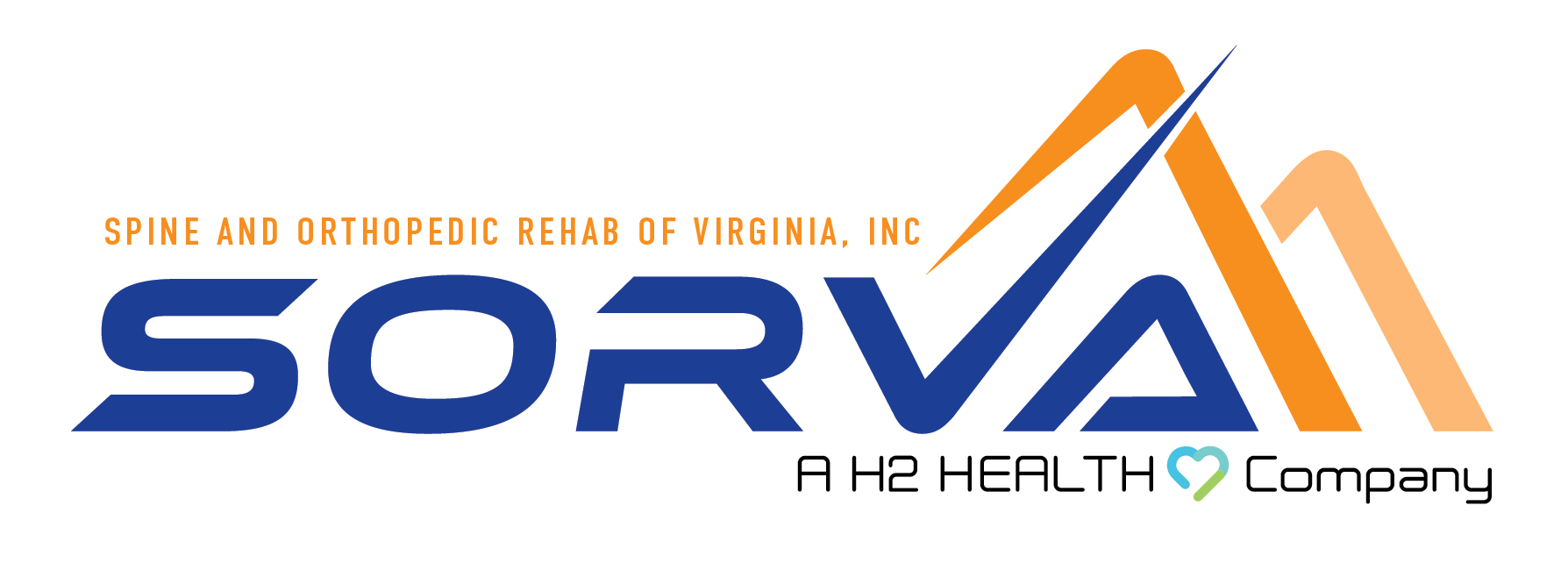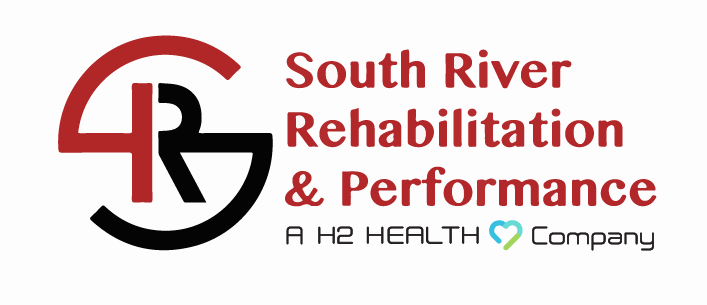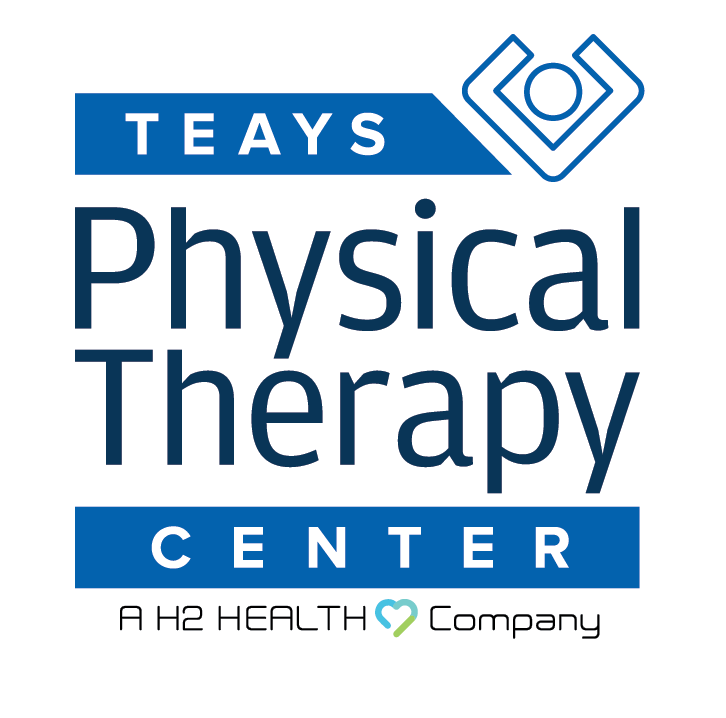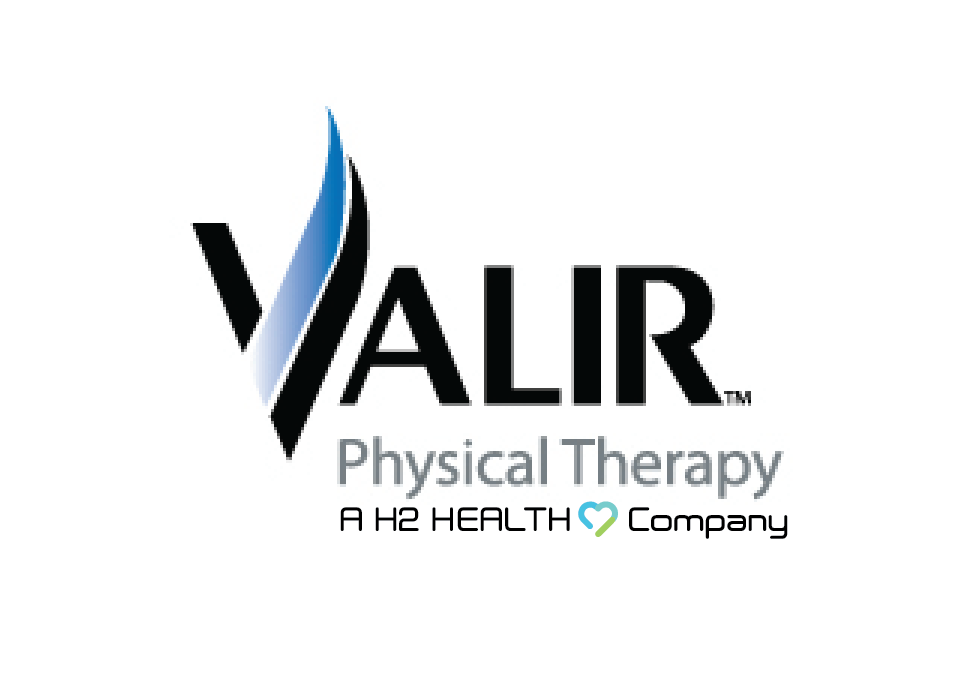
The rotator cuff – a group of muscles and tendons that surround the shoulder joint – plays a pivotal role in the wide range of motion our arms enjoy. From reaching up to grab a book off a high shelf to throwing a ball, the rotator cuff is instrumental.
However, with such frequent use comes the risk of injury, including the dreaded rotator cuff tear.
This post will explore the ins and outs of rotator cuff tear injuries, treatment options including physical therapy, and a recovery timeline to help guide patients back to full health.
Understanding Rotator Cuff Tears
Causes and Risk Factors
Rotator cuff tears can occur from a single injury such as falling onto an outstretched arm or through wear and tear over time. Individuals over the age of 40, athletes, and those whose jobs require repetitive lifting or overhead activities are at higher risk of this injury.
Symptoms and Impact
Common symptoms include pain at rest and at night, particularly when lying on the affected shoulder, weakness when lifting or rotating your arm, and a crackling sensation when moving your shoulder in certain positions. Not only can a rotator cuff tear make everyday activities challenging, but it can also interrupt sleep and overall quality of life.
Treatment Options for a Rotator Cuff Tear
In some cases, conservative treatments such as rest, ice, and physical therapy are all that’s needed to treat a rotator cuff tear. However, more severe injuries may require surgery. Steroid injections into the shoulder joint may also be helpful in relieving pain during recovery.
Surgical options include:
- Arthroscopic (camera-guided small incision) tendon repair
- Open tendon repair (larger incision)
- Tendon transfer using a nearby tendon as a replacement
- Shoulder replacement surgery
The Role of Physical Therapy
Physical therapy is a critical component of recovery for those who have undergone rotator cuff surgery or for patients managing their condition through non-surgical means. Physical therapy exercises are tailored to the specific location of the injury and are aimed at restoring flexibility, strength, and function to the shoulder. Physical therapy is also an important part of the recovery process following surgery.
Rehabilitation Exercises
Your physical therapist may include the following exercises in your rehabilitation program:
- Pendulum Swings: Lean forward, allowing the affected arm to hang down. Swing the arm gently in small circles, gradually increasing the diameter.
- Shoulder Blade Squeezes: Sit or stand with your arms at your sides. Squeeze your shoulder blades together, hold for several seconds, and release.
- Wall Climbs: Stand facing a wall, placing the fingers of your affected arm on the wall. Slowly walk your fingers up the wall as high as comfortable, then slowly back down.
- External Rotation with a Resistance Band: Hold a resistance band between your hands, keeping your elbows at your sides. Rotate the affected arm outward two to three inches and hold.
- Internal Rotation with a Resistance Band: Similar to the external rotation but rotate the affected arm inward across your body.
Recovery Timeline
Recovery timelines can vary significantly based on the severity of the tear and the treatment method.
After surgery, patients typically wear a sling for four to six weeks. Physical therapy, starting with gentle stretches and gradually incorporating strengthening exercises, can begin soon after surgery.
Most patients can return to full activities within four to six months, although complete recovery may take up to a year.
Why Choose H2 Health for Your Physical Therapy Needs
At H2 Health, we understand that each patient’s road to recovery is unique. Our experienced physical therapists will work closely with you to develop a personalized treatment plan that addresses your specific needs and goals. Whether you are recovering from surgery or managing your condition without surgery, we are here to support your healing journey every step of the way.
Rotator Cuff Tear Treatment Near Me
If you have suffered a rotator cuff tear and are looking for expert guidance on your recovery, H2 Health is here to help. With locations throughout the United States, there is bound to be an H2 Health clinic near you.
Reach out today to schedule an appointment with one of our physical therapists. Together, we can work towards restoring your shoulder’s strength and mobility, getting you back to the activities you love.
For more information, call H2 Health today at (800) 699-9395 or use our convenient Request an Appointment form to arrange your visit.
Remember, a rotator cuff tear doesn’t have to sideline you permanently. With the right treatment and support, you can make a strong comeback.

